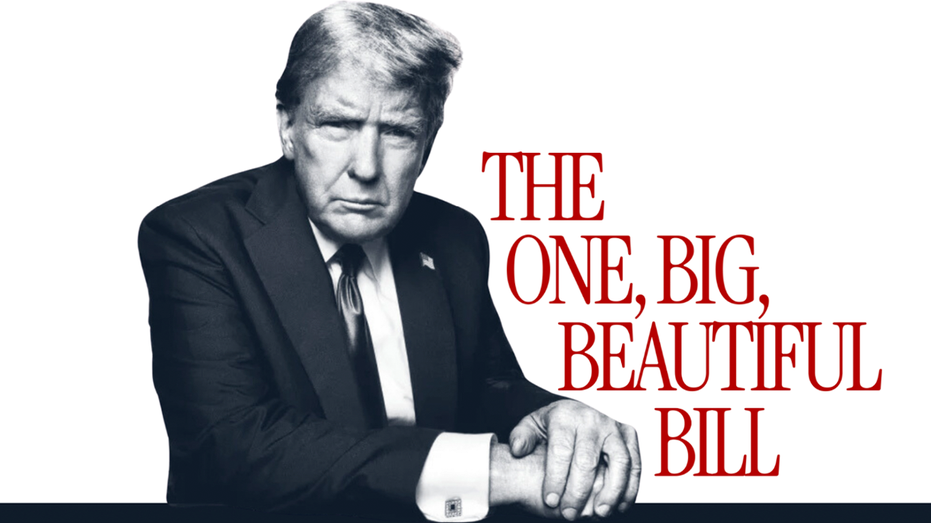Senate Considers Trump’s ‘Big, Beautiful Bill’ Amid CBO Projection of $3 Trillion Debt Rise with Policy Group Support
CBO warns Trump’s $3 trillion spending plan could significantly boost deficits over the next decade.

President Donald Trump’s latest legislative initiative, dubbed the “big, beautiful bill,” is at the center of a heated debate in Washington as new projections spark serious concerns about its fiscal impact. The legislation, designed as a sweeping overhaul addressing everything from tax policy and border security to energy production and health care programs, comes with a staggering potential price tag. Estimates indicate that the bill would increase the national debt by nearly $3 trillion, including interest, over the next decade—or $5 trillion if its temporary provisions are made permanent.
The Congressional Budget Office has analyzed the House-passed version of the bill, finding that it would add more than $2.4 trillion to primary deficits before interest over ten years. The Committee for a Responsible Federal Budget (CRFB), a watchdog organization, reiterated that this net increase stems largely from over $5.3 trillion in proposed tax cuts and spending, which are only partially offset by $2.9 trillion in revenue increases and reductions to certain programs. Key areas of deficit growth are attributed to the tax relief and spending policies championed by the House Ways & Means Committee, while savings are garnered from changes in the energy and commerce sectors.
As of this week, the U.S. national debt stands at $36.2 trillion, with the annual federal deficit reported at $1 trillion, according to Treasury Department data. Lawmakers on both sides acknowledge the enormity of the figures, but the details of the current spending package—ranging from defense increases to adjustments in SNAP and Medicaid eligibility—have divided opinions within Congress, especially among Republicans typically focused on fiscal restraint.
The bill faces significant resistance from fiscal conservatives in the Senate, who warn that accelerating the country’s debt trajectory puts long-term economic stability at risk. Senator Rand Paul of Kentucky emphasized the dangers of lifting the debt ceiling by $5 trillion, arguing that such a move removes fiscal accountability and merely postpones inevitable debates about sustainable government spending. “You can say it doesn't directly add to the debt, but if you increase the ceiling $5 trillion, you'll meet that,” Paul cautioned, voicing concerns shared by other lawmakers who worry about market confidence and rising interest rates.
Outside analysts warn the measure could boost near-term inflation, complicate the tax code, and slow economic growth over time. The CRFB called on the Senate to amend the “One Big Beautiful Bill Act” (OBBBA) so that it is “more responsible,” highlighting fears that not only the scale but also the structure of the package could introduce significant fiscal risks if its temporary provisions are later extended—a likely scenario, they contend, given political realities.
Opposition is not limited to Republicans. Top Democrats have claimed the bill’s changes to the healthcare system alone could endanger tens of thousands of lives, projecting an estimated 51,000 deaths linked to cuts and reforms embedded in the legislation. Business leader Elon Musk, once part of Trump’s administration, has also spoken out against the sweeping bill, adding a prominent voice to growing bipartisan resistance.
With America’s fiscal future hanging in the balance and both chambers of Congress deeply divided, all eyes will be on the Senate in the coming weeks as lawmakers wrestle with whether—and how—to rein in one of the most ambitious and expensive legislative efforts in recent years.




